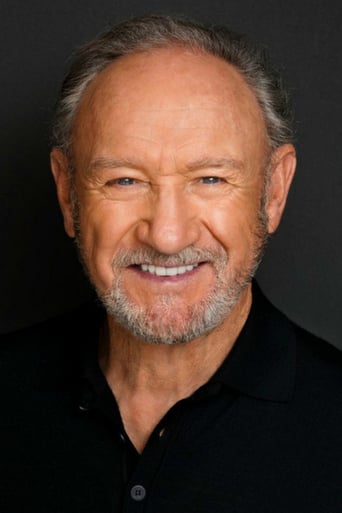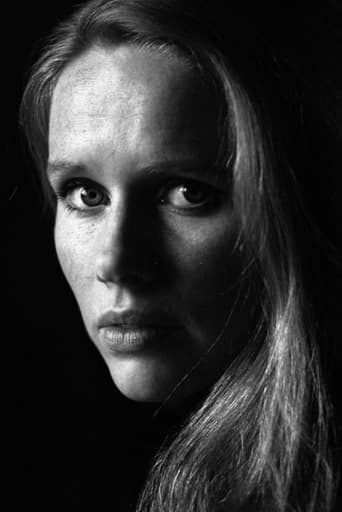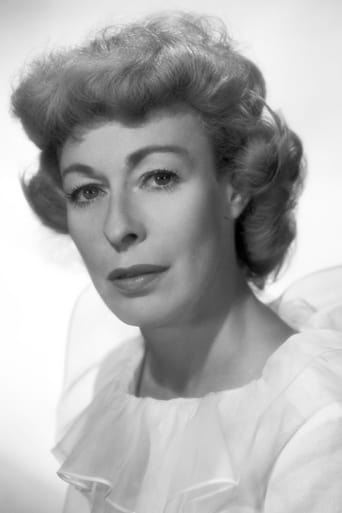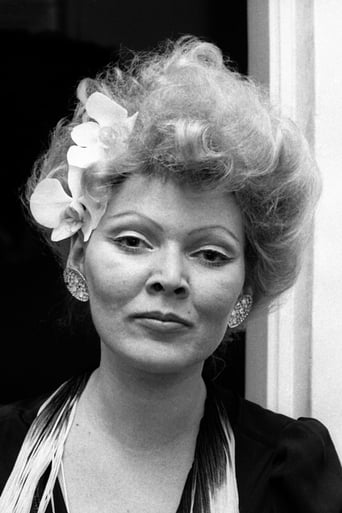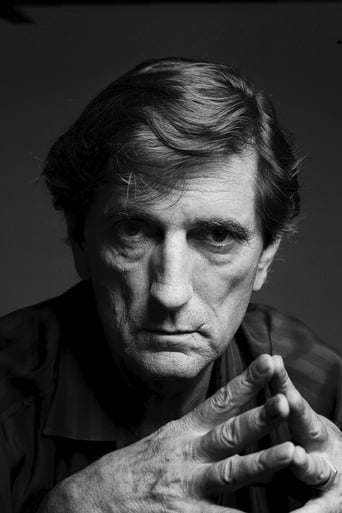ThiefHott
Too much of everything
Wordiezett
So much average
Freaktana
A Major Disappointment
Chirphymium
It's entirely possible that sending the audience out feeling lousy was intentional
Ed-Shullivan
Multiple Academy award winner Gene Hackman plays a lonely farmer named Zandy Allan. Zandy agrees to a financial arrangement for a mail order bride which in the mid 1800's was not unheard of but not common to the area either so Zandy wanted to try and be discrete about the arrangement. Into town comes a relatively attractive young woman of child bearing years named Hannah Lund who was originally born in Scandanavia but was more recently residing in Minnesota. Their initial meeting out on a street corner in the middle of town is strange but considering what each of these two strangers wanted out of the arrangement I could understand what each expected.It is not very long before the audience realizes that Zandy Allan's many years of living off of his land alone and without anyone to talk to when he crawled into his bed each night, he would have difficulty relating to another person sharing his modest home, let alone sharing his bed. Zandy believes he has not found himself a wife to share a home with, but contrary to the way most people (male or female) would think, Zandy believed he had purchased and in fact owned Hannah who was expected to do his bidding, cook his meals, clean his clothes, and most certainly bear his children. These children would eventually be expected to help him maintain his farm as he grew older and weaker in the fields, and his bride Hannah was more of a piece of property than a life partner, thus the movie title Zandy's Bride.I really enjoyed the films scenic emphasis on the land and the broad countryside, and how Zandy Allan's way of thinking was turned around from his concept of initially owning Hannah his mail order bride, to eventually appreciating Hannah as the woman he would fall truly in love with. This change of heart was prominently shown when Zandy takes his horse and buggy into the town of San Francisco, he gets himself a haircut and a shave, and then he goes into the local general store and in attempt of unselfishness proceeds to purchase a brand new expensive state of the art wood burning cast iron stove with four (4) elements. He takes the stove un-assembled onto his wagon and trudges the tens of miles home with his thoughtful gift that he assumes will impress Hannah that he has changed and that he does want for her to have an easier life living with him and raising "their" children.Life in the mid 1850's was by no means easy, and Zandy's bride tells two peoples' story living in a remote area of the California mountains. The new husband and wife coming from different upbringings and different expectations somehow forge together and they find a way to appreciate what the other brings to their mail order bride relationship. Gene Hackman and Liv Ullman were both fantastic and made this hard living historical film well worth watching.I rate the film an 8 out 10 and I wouldn't be surprised if in the years to come the Criterion Collection pick it up as a new release added to their extensive but exclusive library of noteworthy pictures.
suzyhart
This is a profoundly realistic and perfectly-acted story that goes much beyond the previous commenter's assertion. It is a portrait of far west ranch life at its most primal and difficult. Love was not the issue in that world. The cinematography and direction were also great. Gene Hackman and Liv Ullman are subtle actors who deliver in this overlooked but wonderful film. Although I only saw it once, the dramatic intensity and truthfulness of the tale stayed with me. I've always remembered this film, as standing outside the norm. The visual memory is black and white, though I think the film is in color. The few but intense human connections were poignant, the imagery lasting.
lanatr
Zandy's Bride is a unique film, in that its sense of realism is remarkably good. The character Hackman and Ullman portrayed are believable: strong, simple, independent, honery at times, solemn, determined to survive. Their portrayal is how I would have imagined earlier settlers in a harsh, and unforgiving environment to act. I enjoy researching and reading about the common struggles of people throughout American history. All the more reason to give this film high praise, and again not because its tainted with Matrixisque, and any other high tech movie spillover, with its intense action, and depletion of substantive characterization. This film dealt with human conflict and the mistakes we consistently seem to make, before we are forced to face someone with whom we can trust and care for. This is one of the best films to watch in our day of complexity and lack of inspiration.. How and when can I watch it again, is my comment and question.
stryker-5
California in the mid-nineteenth century was a ravishingly lovely, sparsely-populated wilderness. The people of the coastal strip eked a living from their wooded valleys as small-scale cattlemen and dirt farmers. Their contact with the outside world (or with one another, for that matter) was limited.Zandy Allan is a poor farmer and a bachelor. His smallholding in the steep hills above Big Sur is squalid and joyless. He has decided to obtain a wife because he wants sons to help him manage the livestock, and so he has answered a newspaper advertisement. His wife-to-be is a slight, attractive Scandinavian woman and she is travelling westwards from Minneapolis to meet him ...A modest and engaging little western, "Zandy's Bride" relies solely on its two stars, Gene Hackman and Liv Ullman, for its interest. There are no stampedes or shootouts, no indian wars or lynchings. It is a quiet domestic piece, an essay on human character - no more, and no less."You don't know nothin' 'bout marriage," Zandy is told by his mother (Eileen Heckart), "'cept from pa an' me." And what a baleful example of conjugality the older Allans are. Without charm, verbal skills or even basic courtesy, Zandy's father treats his wife as if she were one of his animals. If Zandy is brutal and inflexible (and he is), it is small wonder. More than half an hour of Zandy's on-screen relationship with his wife passes before we even learn her name.The only external events in the movie are the barbecue (was that term really current among Californian sodbusters 150 years ago?) and Zandy's foray to San Francisco. The barbecue's main plot function is to enable Zandy to be tempted by Maria (Susan Tyrrell). The San Francisco sojourn is the watershed in the marriage of Zandy and Hannah. When he returns, both partners have grown emotionally. Zandy has learnt to accommodate a will other than his own, and Hannah has become stronger by being a mother.
The two central performances are outstanding. Hackman in particular is terrific. He presents Zandy as a coarse, selfish thug and manages to retain our sympathy. As he sits at the table after returning from the city, his stream of different facial expressions is brilliant, his eyes flickering with conflicting feelings of bravado, hurt and anxiety to please.The direction of Jan Troell (this being an American/Scandinavian co-production) is quiet and unspectacular but wholly competent. For example, Zandy is jostled by passers-by on the sidewalks of San Francisco, an economic way of showing us that he is unfamiliar with the ways of society. The incidental music by Franks and Carlin is superb, with its salty 'American vernacular' flavour. George Cronenwerth's cinematography is beautifully clear and attractive, capturing the feel of primitive rural life with its rich browns and ochres.How on earth did they shoot the scene where Zandy injures his horse by driving it too hard up the slope?
